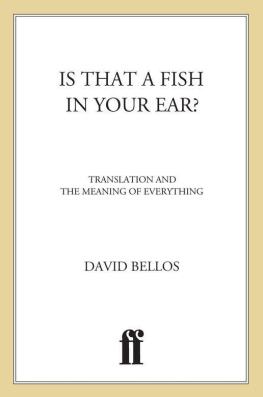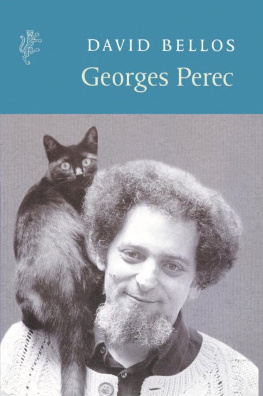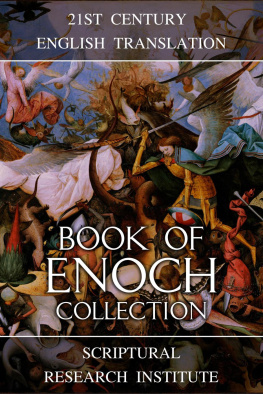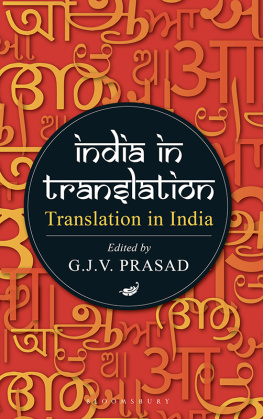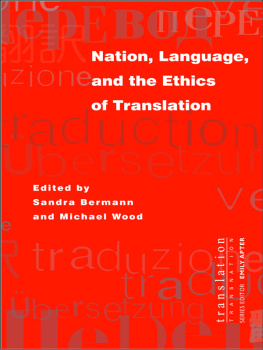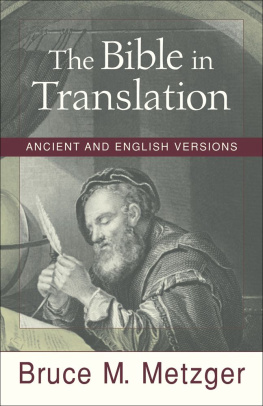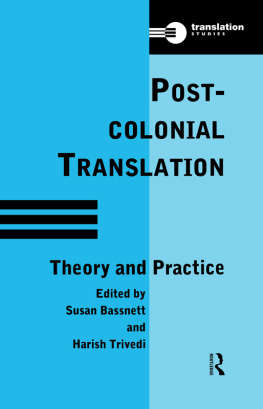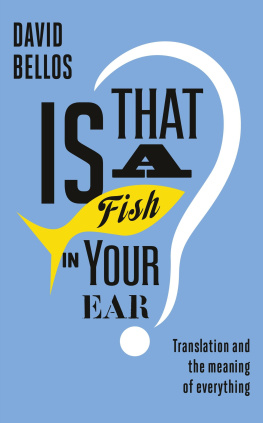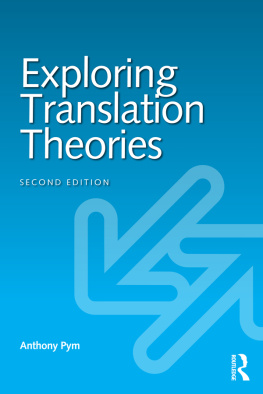In memory of my teachers
When I was an undergraduate, a story went around among students in my college that a fellow called Harris had refused to teach translation classes on the grounds that he did not know what translation was.
Hed challenged the faculty board to tell him what it was he was being asked to teach. Everyone knows what it is! they said. Translation has been taught here for centuries. But knowing how to perpetuate an academic tradition is not the same thing as knowing what youre doing. Harris could not possibly teach a subject his seniors were unable to define.
We thought it a great giggle: a junior don had used a philosophical conundrum to get out of a chore and tied the fuddy-duddies into knots.
Despite the tantalizing puzzle set by Roy Harris at the start of my adult life, I have dared to teach translation for several decades since then. I have also translated many books and become the director of a program in translation and intercultural communication. So its about time I tried to answer his question.
However, answers are best found when the question itself is well put. What is ? doesnt normally provide a good prompt. It usually leads you headlong into hairsplitting disputes about the meanings of words.
The meaning of the word translation is not without interest, of course, and Ive devoted one chapter of this book to the issue. But it isnt as important as many other questions that arise just the same, whatever word we use.
Here are some of those other questions: What can we learn from translation? What does it teach us?
Many others then spring to mind: What do we actually know about translation? What is it about translation that we still need to find out?
We also have to ask: What do people mean when they offer opinions and precepts about the best way to translate? Are all translations the same kind of thing, or are there different operations involved in different kinds of translating? Is translating fundamentally different from writing and speaking, or is it just another aspect of the unsolved mystery of how we come to know what someone else means?
This isnt a book that tells you how to translate, or how I translate. There are plenty of good books of those kinds; theres no need to add a lesser one to the pile.
Instead, it is made of stories and examples and arguments that circle around what seems to me to be the real issueunderstanding what translation does .
Ive tried to paint a big picture by exploring the role of translation in cultural, social, and human issues of many kinds. To do so, Ive used scholarly books and articles and exploited many erudite friends, but in many places Ive also drawn on personal experience.
As I grew up in England and live in the United States, the point of view of this book is located unambiguously in the English-speaking world.
Because English is currently the dominant interlanguage of the world, English speakers who arent involved in translation have a harder time than most others in understanding what translation is. Thats my main reason for writing about it.
Finding out what translation has done in the past and does today, finding out what people have said about it and why, finding out whether it is one thing or manythese inquiries take us far and wide, to Sumer, Brussels, and Beijing, to comic books and literary classics, and into the fringes of disciplines as varied as anthropology, linguistics, and computer science. What translation does raises so many answerable questions that we can leave the business of what it is to the side for quite some time.
What Is a Translation?
Douglas Hofstadter took a great liking to this short poem by the sixteenth-century French wit Clment Marot:
Ma mignonne,
Je vous donne
Le bon jour;
Le sjour
Cest prison.
Gurison
Recouvrez,
Puis ouvrez
Votre porte
Et quon sorte
Vitement,
Car Clment
Le vous mande.
Va, friande
De ta bouche,
Qui se couche
En danger
Pour manger
Confitures;
Si tu dures
Trop malade,
Couleur fade
Tu prendras,
Et perdras
Lembonpoint.
Dieu te doint
Sant bonne,
Ma mignonne.
He sent a copy of it to a great number of his friends and acquaintances and asked them to translate it into English, respecting as well as they could the formal properties that he identified in it:
(1) 28 lines (2) of 3 syllables each (3) in rhyming couplets (4) with the last line being the same as the first; (5) midway the poem changes from formal ( vous ) to informal ( tu ) and (6) the poet puts his own name directly into the poem.
Hofstadter, a cognitive scientist at Indiana University, got many dozens of responses over the following months and years. Each one of them was different, yet each one of them was without doubt a translation of Marots little poem. By this simple device he demonstrated one of the most awkward and wonderful truths about translation. It is this: any utterance of more than trivial length has no one translation; all utterances have innumerably many acceptable translations.
You get the same result with ordinary prose as you do with a poem. Give a hundred competent translators a page to translate, and the chances of any two versions being identical are close to zero. This fact about interlingual communication has persuaded many people that translation is not an interesting topicbecause it is always approximate, it is just a second-rate kind of thing. Thats why translation isnt the name of a long-established academic discipline, even though its practitioners have often been academics in some other field. How can you have theories and principles about a process that comes up with no determinate results?
Like Hofstadter, I take the opposite view. The variability of translations is incontrovertible evidence of the limitless flexibility of human minds. There can hardly be a more interesting subject than that.
What is it that translators really do? How many different kinds of translating are there? What do the uses of this mysterious ability tell us about human societies, past and present? How do the facts of translation relate to language use in generaland to what we think a language is?
Those are the kinds of questions I explore in this book. Definitions, theories, and principles can be left aside until we have a better idea of what we are talking about. We shouldnt use them prematurely to decide whether the following version of Clment Marots poem (one of many by Hofstadter himself) is good, bad, or indifferent. Its the other way around. Until we can explain why the following version counts as a translation, we dont really know what were saying when we utter the word.
Gentle gem,
Diadem,
Ciao! Bonjour!
Heard that youre
In the rough:
Glum, sub-snuff.
Precious, tone
Down your moan,
And fling wide
Your door; glide
From your oy
ster bed, coy
Little pearl.
See, blue girl,
Beet-red ru
bys your hue.
For your aches,
Carat cakes
Are the cure.
Eat no fewr
Than fourteen,
Silvry queen
But no more
n twenty-four,
Golden dream.
How youll gleam!
Trust old Clem
Gentle gem.
Is Translation Avoidable?
Translation is everywhereat the United Nations, the European Union, the World Trade Organization, and many other international bodies that regulate fundamental aspects of modern life. Translation is part and parcel of modern business, and theres hardly a major industry that doesnt use and produce translations for its own operations. We find translations on the bookshelves of our homes, on the reading lists for every course in every discipline taught at college; we find them on processed-food labels and on flat-pack furniture instructions. How could we do without translation? It seems pointless to wonder what world we would live in if translation didnt happen all the time at every level, from bilingual messages on ATM screens to confidential discussions between heads of state, from the guarantee slip on a new watch weve just bought to the classics of world literature.

